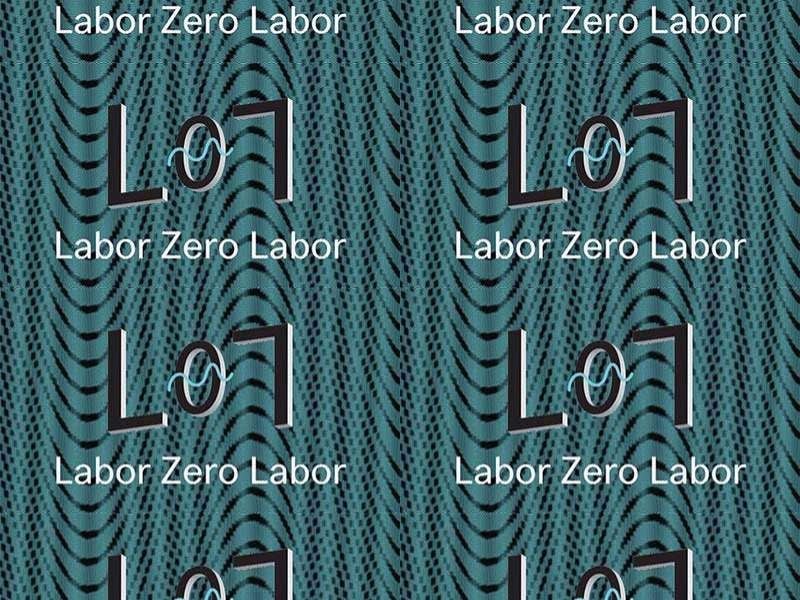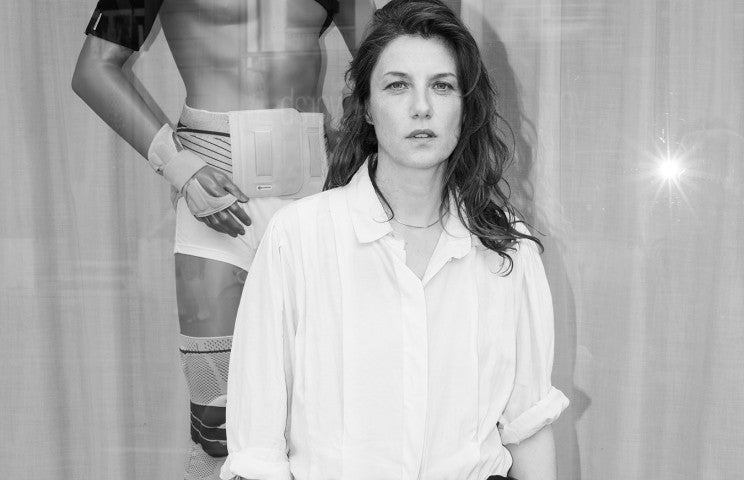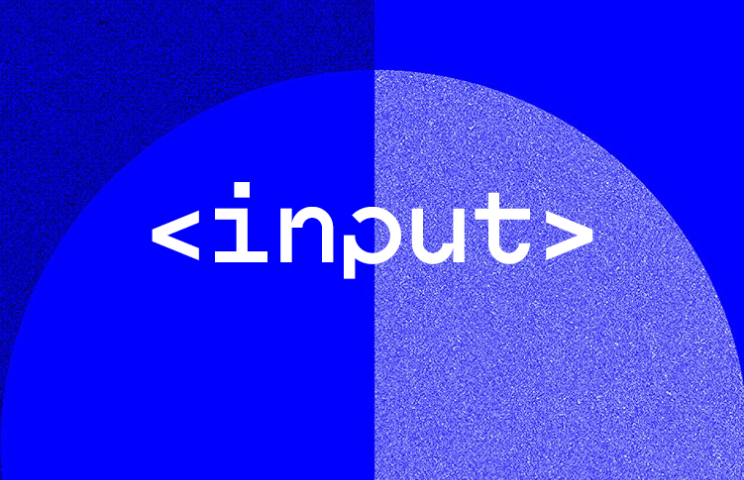LABOR ZERO LABOR
The Fondation d’entreprise Ricard presents a “Poetry Platform” event as part of LABOR ZERO LABOR, a live transmedia project and programme devised by Benjamin Valenza in association with Triangle France.
The LABOR ZERO LABOR project, which plays with ideas of « entertainment » and “events” associated with the image of live television, further influenced by new social networks, intends to impact on the way broadcast can change the understanding as well as the forging of the means of speaking out in public.
LABOR ZERO LABOR is an alternative televisual medium, produced in a studio for an online audience. Three days of live broadcasting are planned, including original productions and performances, with a programme of videos, music, literary broadcasts, talkshows and fiction, making the most of the technical potential of the medium and television formats with a view to the radical redistribution of the capacities for invention, implosion and freedom, for both producers and viewers alike.
The Fondation d’entreprise Ricard’s « Poetry Platform” module, in this context, is part of the ongoing rapprochement/fusion between poetry, spoken word, literature and the visual and performing arts.
The duo joining this venture are the historic action performance poet, Charles Pennequin and Amélie Giacomini & Laura Sellies, two young performance/installation artists whose work combines sculpture, bodies and stories.
Programming by Jérôme Mauche and Benjamin Valenza
Amélie Giacomini & Laura Sellies
Rosy-Blue has found something very theatrical […]
Rosy-Blue has found something very theatrical, something televisual, something stagey even. Rosy-Blue bowls along nevertheless without any naivety whatsoever. The sky is pink, sometimes blue and then green. The aquariums respire, perspire, and clothing is white. This way lights can be projected on the white of the Rosy-Blues, a luminous beam shimmering like the water which lights them from behind. Sometimes from the front. We see the reflection of cameras in the process of inventing the image. It intensifies Rosy-Blue.
Rosy-Blue was born of a Hervé Guibert novel, somewhere in Italy, in a room with a ceiling filled with birds. Rosy-Blue was a cabaret dancer with blue-painted breasts. Rosy-Blue fell out with the projectionist, and went on to put on her own show.
ENSBA graduates from Lyon in 2014, Amélie Giacomini & Laura Sellies have been travelling together for several years. Their work has been shown at « Chez Moi » in Paris, the Salon de Montrouge, the Dakar Biennale, BF15 in Lyon, and the Palais de Tokyo and more. They were also beneficiaries of the Villa Médicis Laureates’ Programme in 2015. Laura Sellies also pursues a career as a literary writer.
Their immersive installations and their « expanded » performances bring moments of contemplation and suggest worlds woven with stories and narratives, threaded with such influences as the aquatic myths of Rodrigo Fresán novels and Adolf Loos’ architecture viewed through the feminist prism of Beatriz Colomina.
The face of Rosy-Blue crossing sculptural or filmic landscapes acts as a jingle or the refrain of a soap opera. She is the first state in a matrix constructed around a community of women and the notion of insularity.
Charles Pennequin
art is laughing at us
we are in the street we are smiling we are laughing we are returning from rushing into the air we are in art it is laughing at us we are going back home we are filming we are laughing down on ourselves from high above with the art of the street
Charles Pennequin is one of the most talented poets in performance of his generation, always on a quest. His main preoccupations are language, reading and the spoken word. His first writings to emerge in the mid-90s are startling in their vehemence and their darkness, but also their humour. His encounter with Christian Prigent and his friendship with Christophe Tarkos are seminal moments in his career. From the 2000s onwards, his interventions began to take the form of performances and improvisations which also explore the spatiality of language.
He collaborates with visual artists from Pascal Doury to Dominique de Beir, choreographers such as Vincent Dupont and Dominique Jégou, and musicians such as Jean-François Pauvros. As the founder of the magazine « Facial », he more recently coordinated the “Armée Noire” collective. His first book, Le Père Ce Matin was published in 1997 by Carte Blanche.
He has since published some 30 books and other publications with Al Dante publishing: Dedans (1999), Je Me Jette (2004); with P.O.L. he published Bibi (2002), Mon Binôme (2004), and Comprendre la Vie (2010), as well as works with a number of other publishers such as l’Attente, MIX., Dernier Télégramme and L’Âne Qui Butine. He records CDs and makes videos.
His latest releases include: Alias Jacques Bonhomme with Jacques Sivan, Al Dante (2014); Charles Péguy Dans Nos Lignes, Atelier de l’agneau, (2014); Les Exozomes, P.O.L, (2016).
Conferences directed by Jérôme Mauche : watch the video of the meeting, by LABOR ZERO LABOR !









